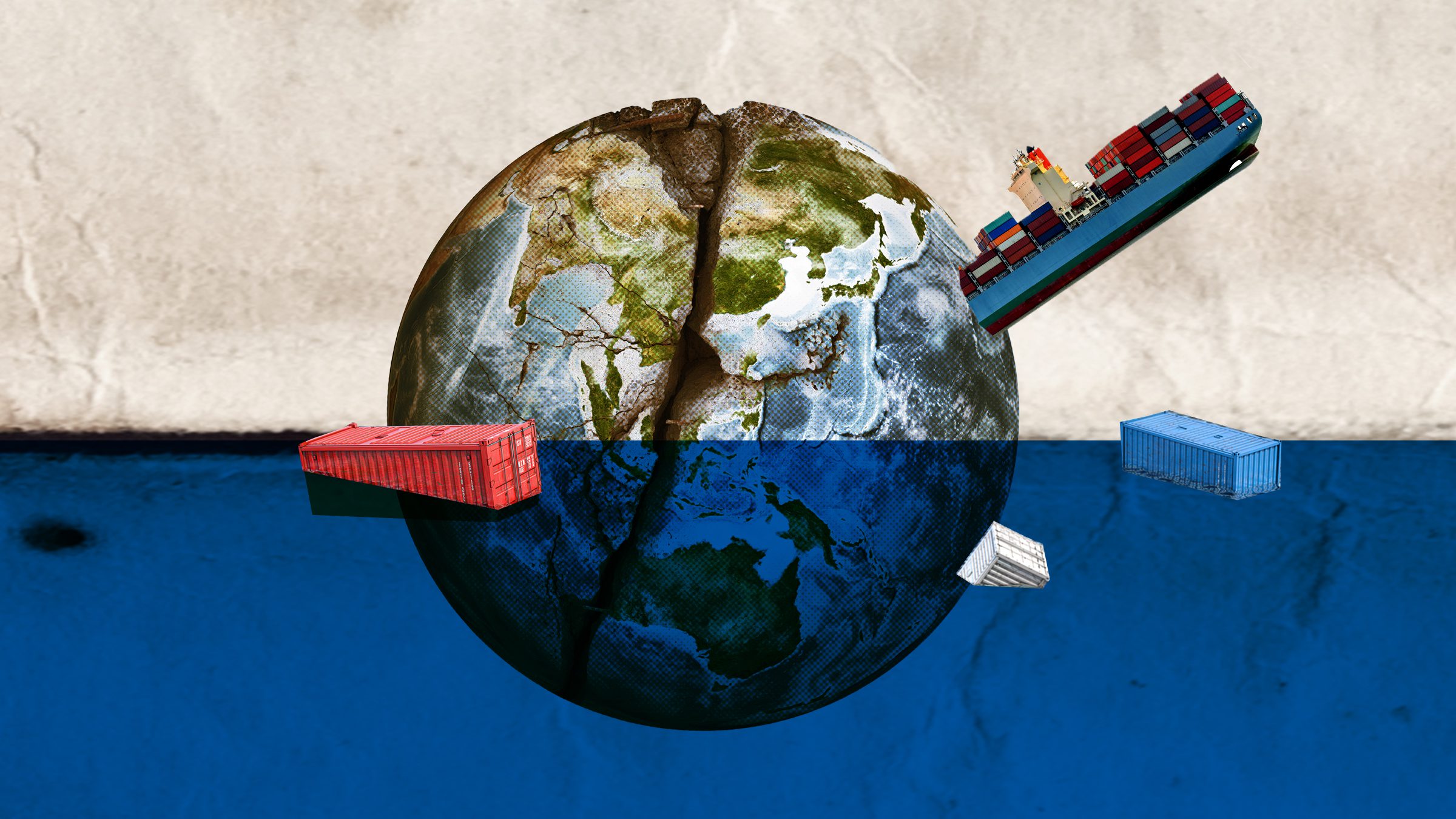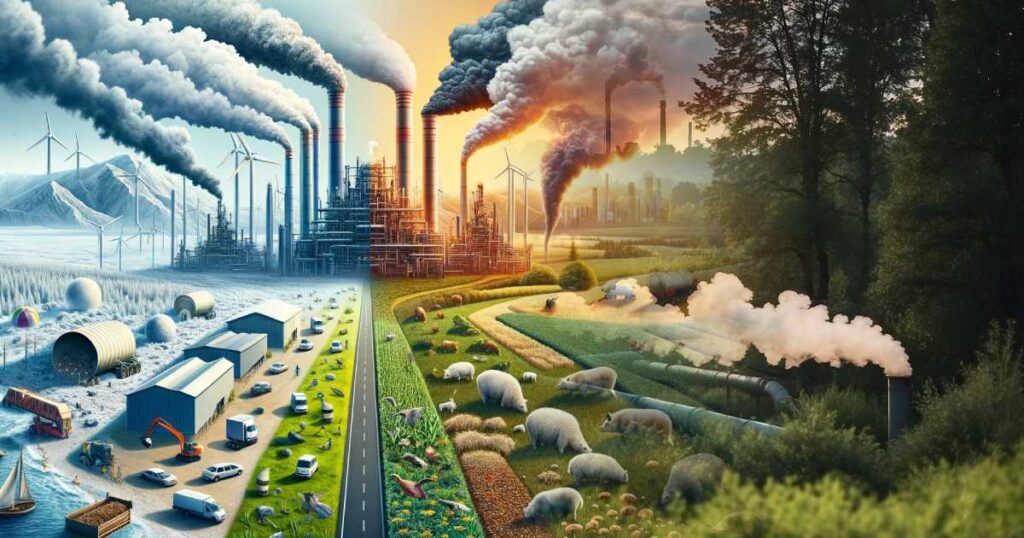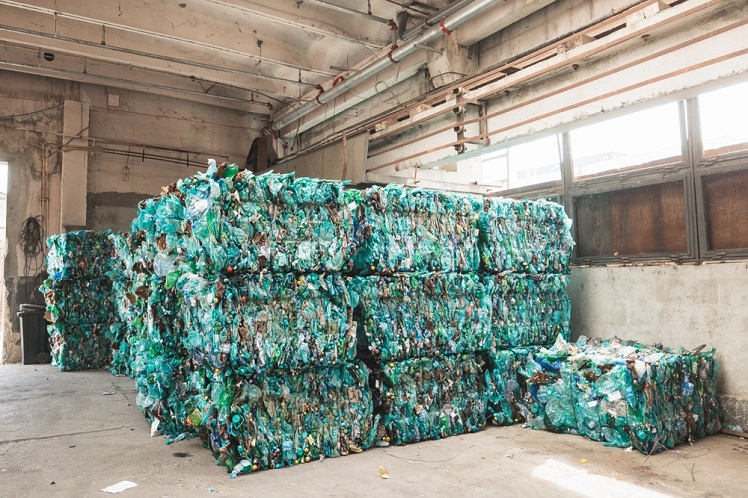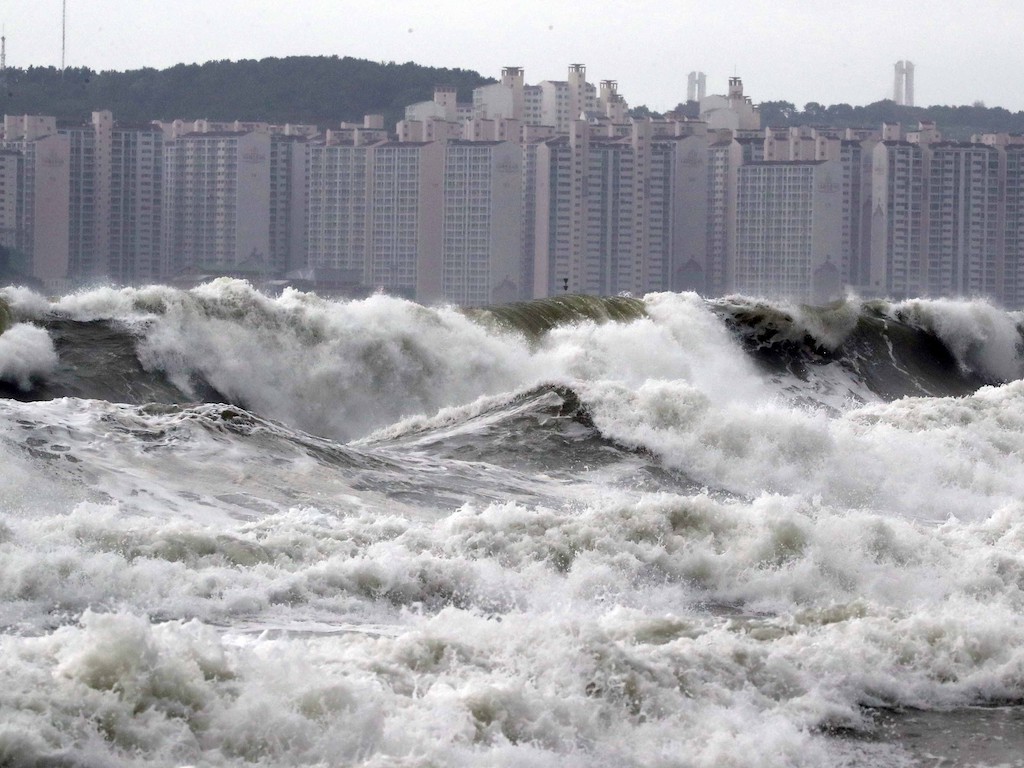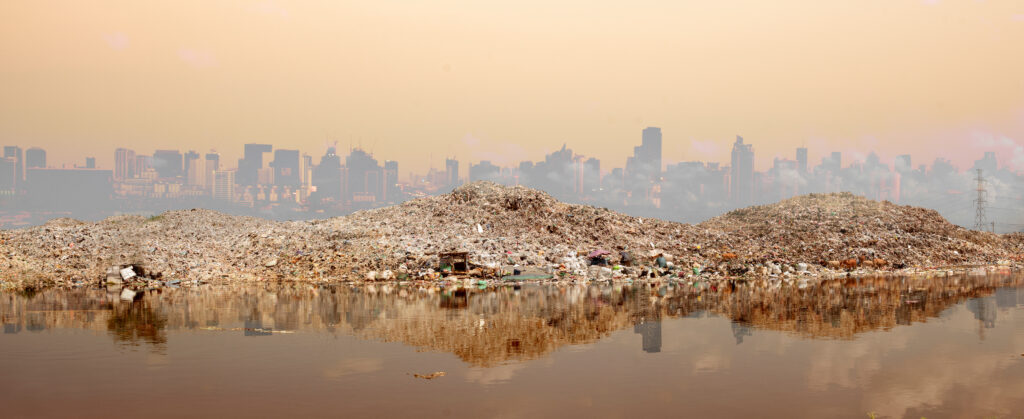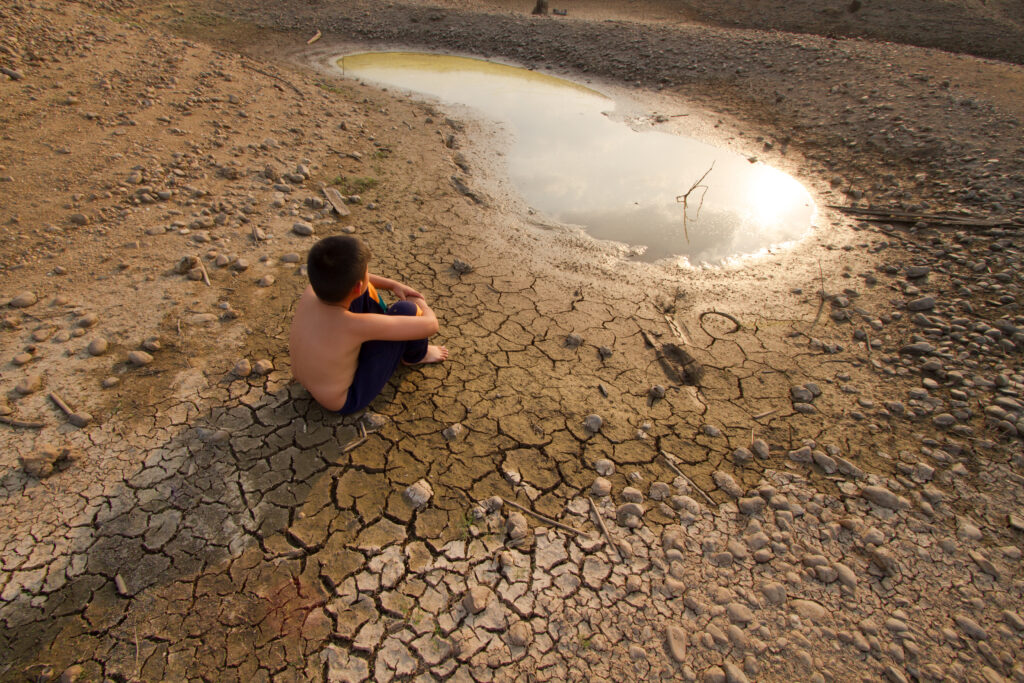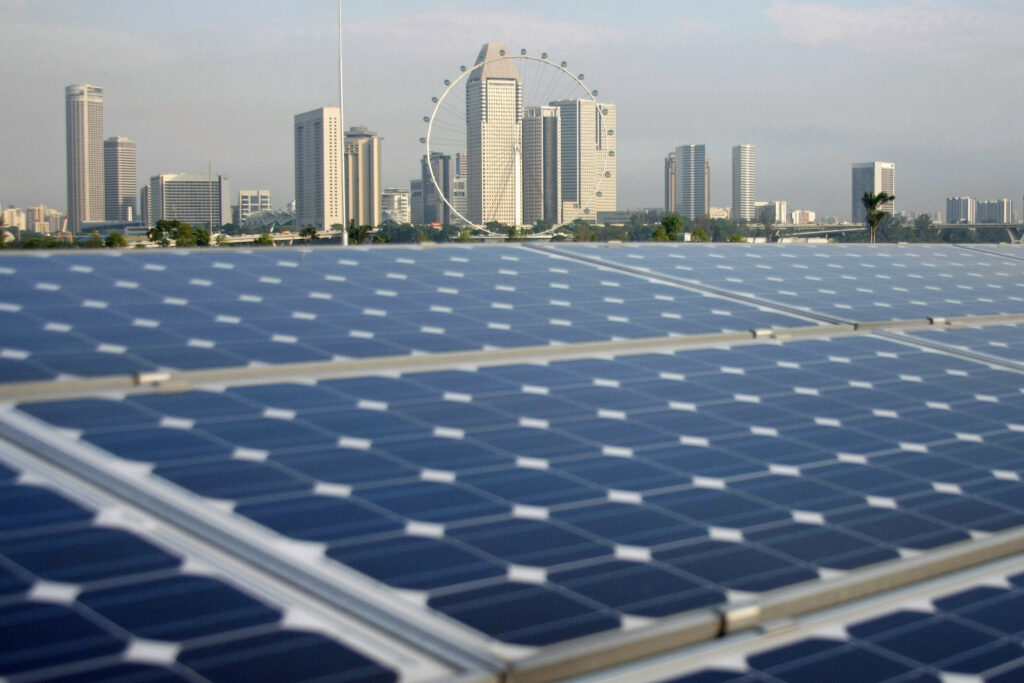In today’s interconnected world, globalisation not only drives economic growth but also affects climate change. Over the past half-century, globalisation has been driven by technological advancements, communication and international trade, leading to significant economic impacts worldwide. Global exports have increased 40 times compared to 1913 levels and now account for around 25% of global economic output.
However, this increase in international trade correlates with the rapid rise in greenhouse gas emissions, widespread environmental pollution and climate change in both developed and developing countries. Over the last half-century, global greenhouse gas emissions have increased by nearly 600%, and the average global temperature is up by over 1oC.
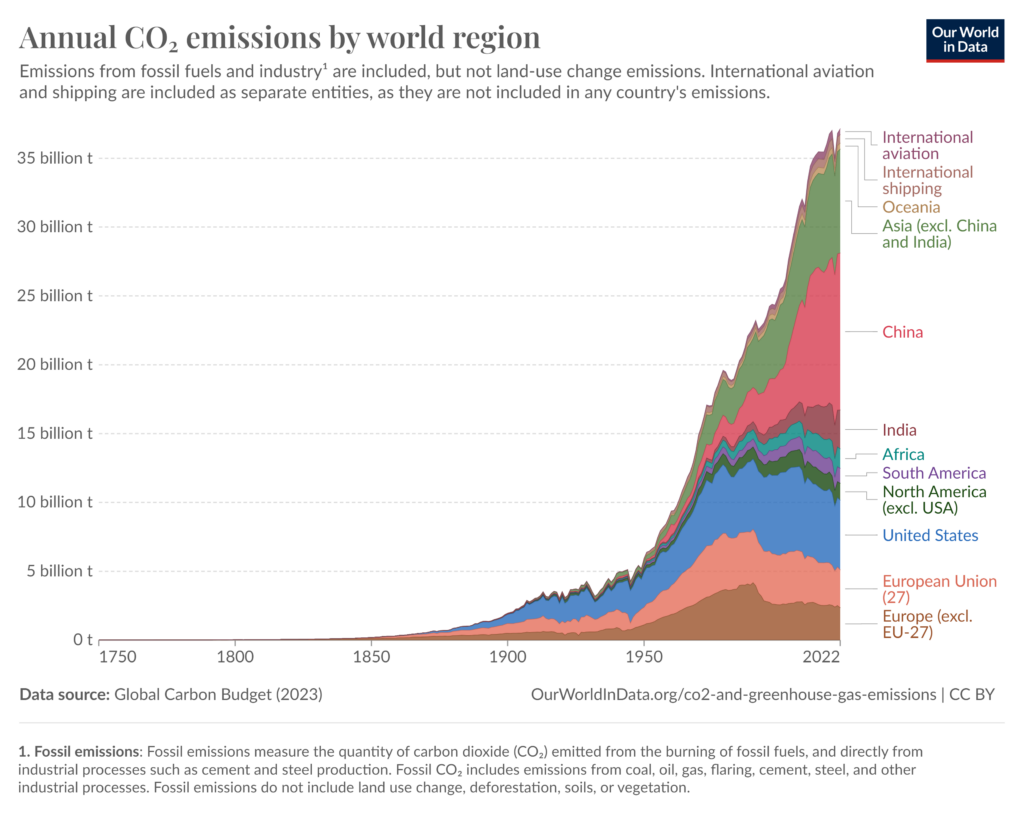
While globalisation has propelled economic growth and lifted millions out of poverty, it has also profoundly affected our planet’s climate and led to environmental concerns.
Is Globalisation Good For the Environment?
The impact of globalisation on the environment is multifaceted, presenting both challenges and opportunities. On one hand, globalisation has led to increased production, consumption and transportation. These factors have undeniably contributed to the acceleration of global warming and environmental degradation.
On the other hand, globalisation facilitates the spread and accessibility of climate change adaptation and mitigation. In simple terms, globalisation has expedited climate change, but it is also a critical part of the solution to climate change.
There is no clear-cut answer to whether globalisation is a net positive or negative on the environment. Acknowledging both globalisation’s positive and negative effects on the environment is critical to understanding this dichotomy.
Positive and Negative Effects of Globalisation on the Environment
Following are the positive and negative effects of globalisation on the environment:
Negative Effects of Globalisation on the Environment
Globalisation has increased the demand for goods and services across global markets, increasing the need for transportation. Combined, these factors are a major player in global greenhouse gas emissions. The shipping industry alone accounts for up to 3% of global CO2 emissions, 15% of nitrogen oxide emissions and 9% of sulfur dioxide emissions.
Sulphur and nitrogen oxides lead to the acidification of oceans and rain, both significant risks for natural ecosystems. Overall, the transportation sector accounts for 14% of global greenhouse gas emissions – the second-largest source of global emissions.
Additionally, the higher demand for goods and services requires more resources. This leads to the degradation of many natural ecosystems through operations like deforestation and mining. Nearly 50% of the Earth’s forest loss over the last 10,000 years has occurred since 1900, and in the period between 2000 and 2018, 1 million square km of forest were lost.
This forest loss predominantly occurs in lower-income countries utilising forests for rapid economic growth and making products for the global market.
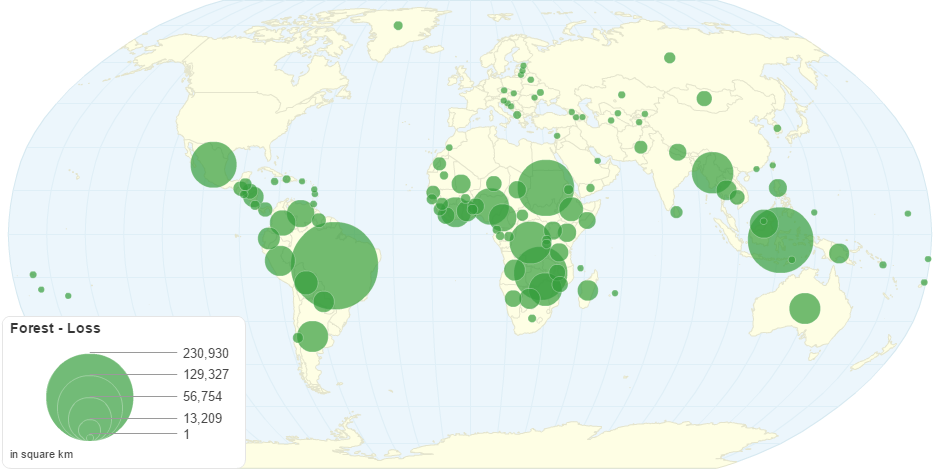
Positive Effects of Globalisation on the Environment
Despite these challenges, globalisation also offers solutions. The transfer of knowledge and technology across borders has led to advancements in many climate friend technologies. Furthermore, the ability to produce critical climate adaptation components in cheaper markets and ship them globally has brought down prices.
Renewable energy is a prime example of this process. China is by far the largest producer of solar panels and has the lowest production costs. However, the country exports a significant portion of its solar panels to the global market. This transfer of knowledge and production capacity is driving the 30% increase in solar PV efficiency since 2010 and the 85% decline in solar module cost. Overall, this makes renewable energy more accessible and affordable.
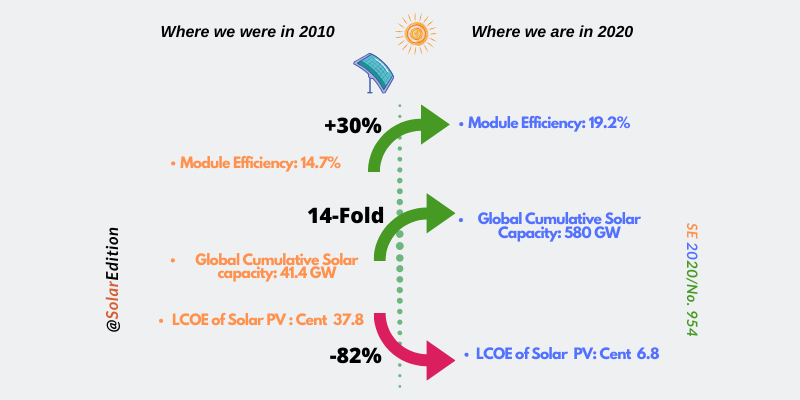
Another major consideration is that globalisation increases global environmental awareness. Media, access to travel and international dialogues, such as the annual Conference of the Parties (COP) meetings, make climate change’s impacts tangible. People see and hear about how the environment changes in real-time and can be involved in mitigation and adaptation discussions.
Making Globalisation a Net Positive for the Environment
Globalisation is a core component of the world’s economy and can’t be eliminated. However, it can be harnessed to reduce its negative impacts and emphasise its positive ones. It’s a complicated process that requires changes across policy and industry.
Core components revolve around enhancing transport efficiency, standardising manufacturing and resource extraction and enacting robust, environmentally centric policies. These measures can help balance economic growth with environmental stewardship.
Acknowledging globalisation’s multifaceted influence on the environment is crucial for harnessing its positive aspects. As we bridge climate science with climate action, recognising globalisation’s role in shaping our climate responses is essential for ensuring it evolves into a constructive force for climate change adaptation and mitigation.
Eric Koons
Writer, United States
Eric is a passionate environmental advocate that believes renewable energy is a key piece in meeting the world’s growing energy demands. He received an environmental science degree from the University of California and has worked to promote environmentally and socially sustainable practices since. Eric has worked with leading environmental organisations, such as World Resources Institute and Hitachi ABB Power Grids.
Eric is a passionate environmental advocate that believes renewable energy is a key piece in meeting the world’s growing energy demands. He received an environmental science degree from the University of California and has worked to promote environmentally and socially sustainable practices since. Eric has worked with leading environmental organisations, such as World Resources Institute and Hitachi ABB Power Grids.

